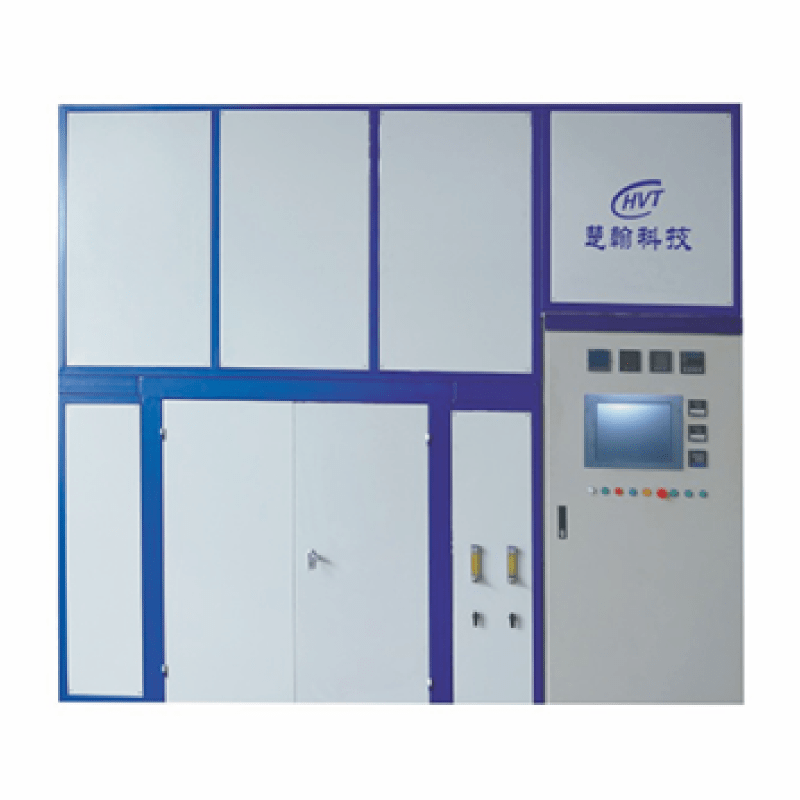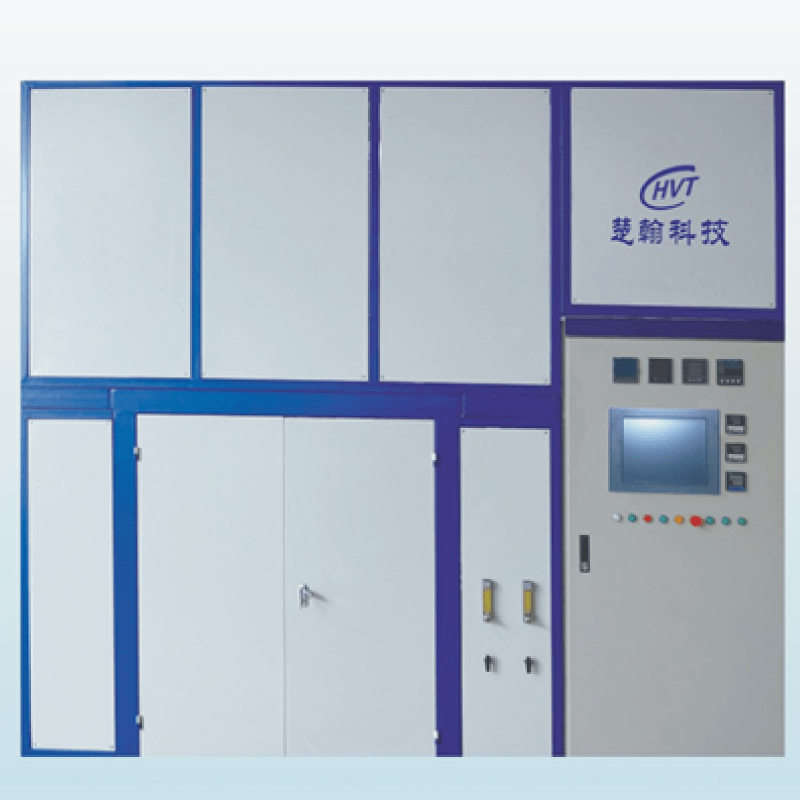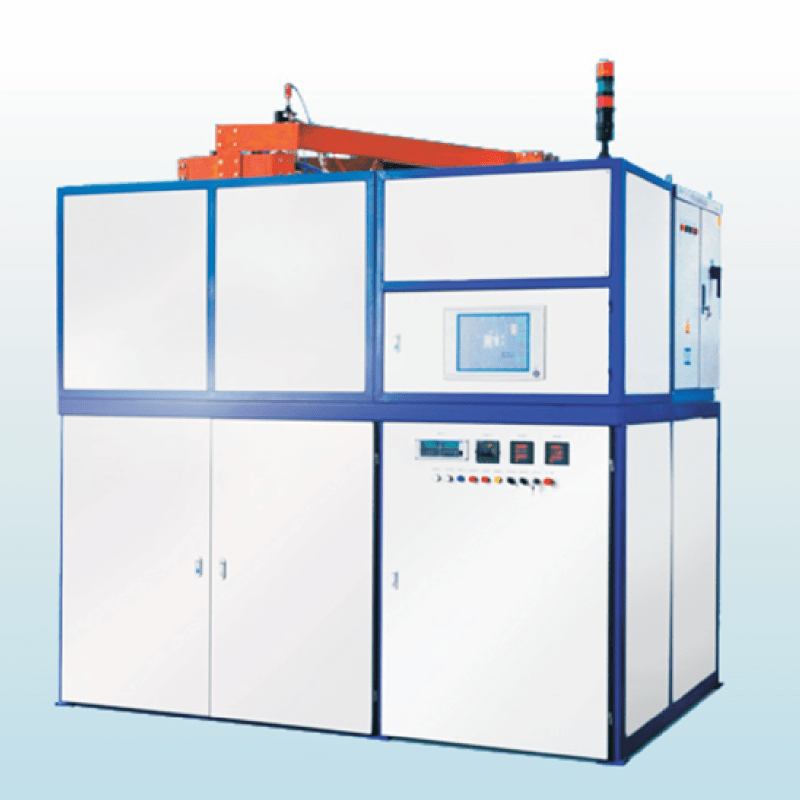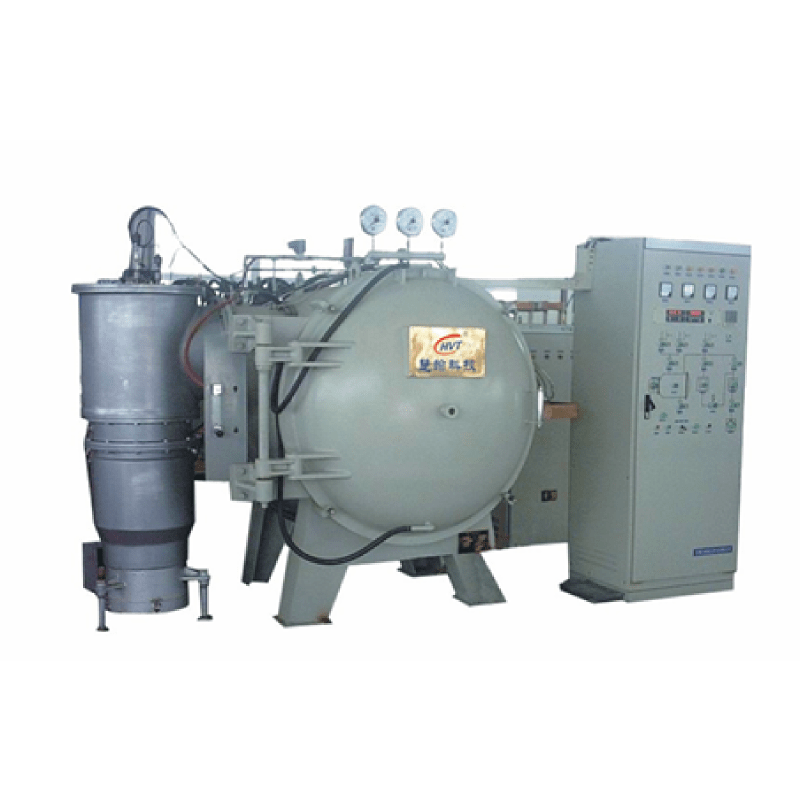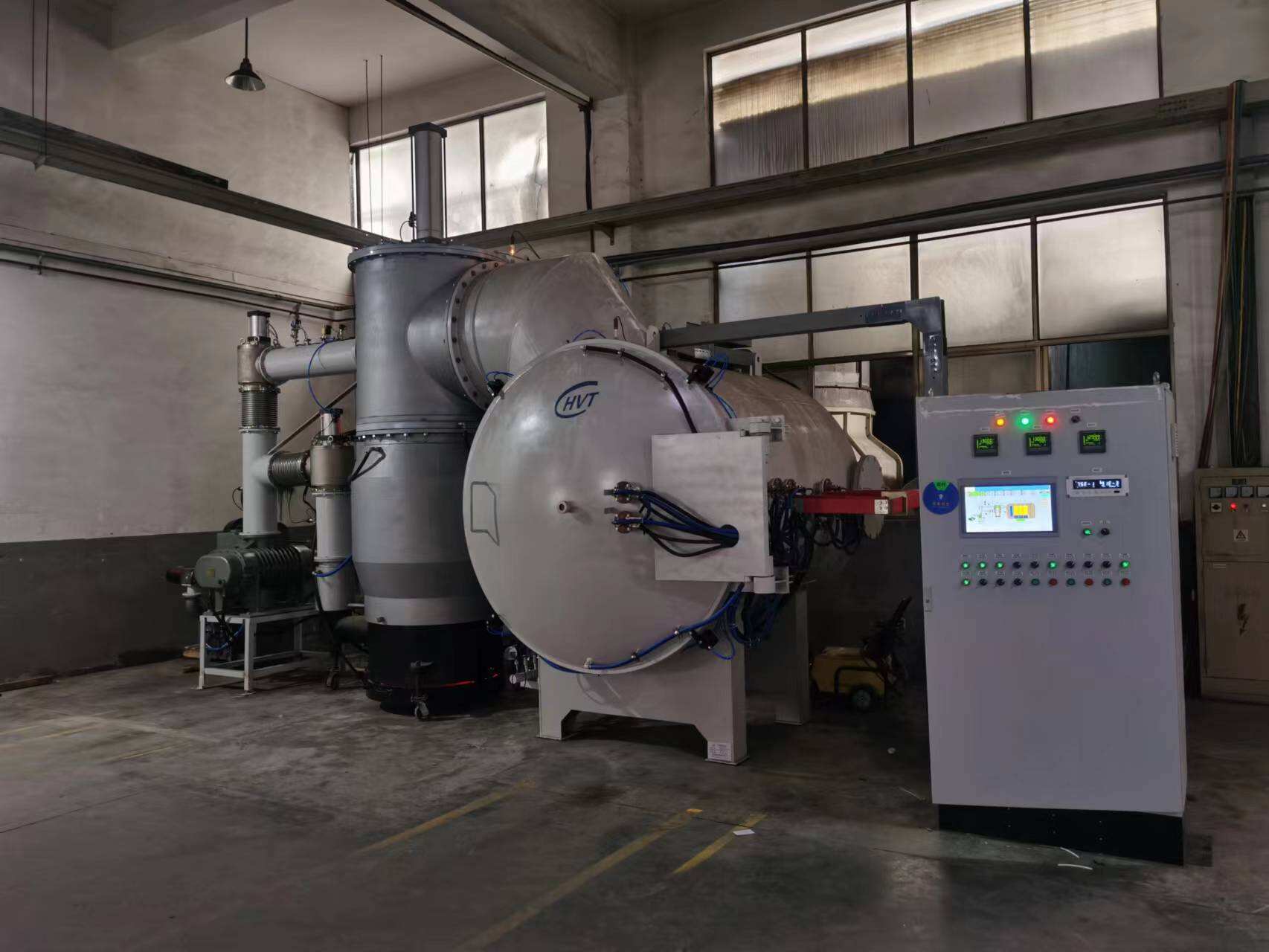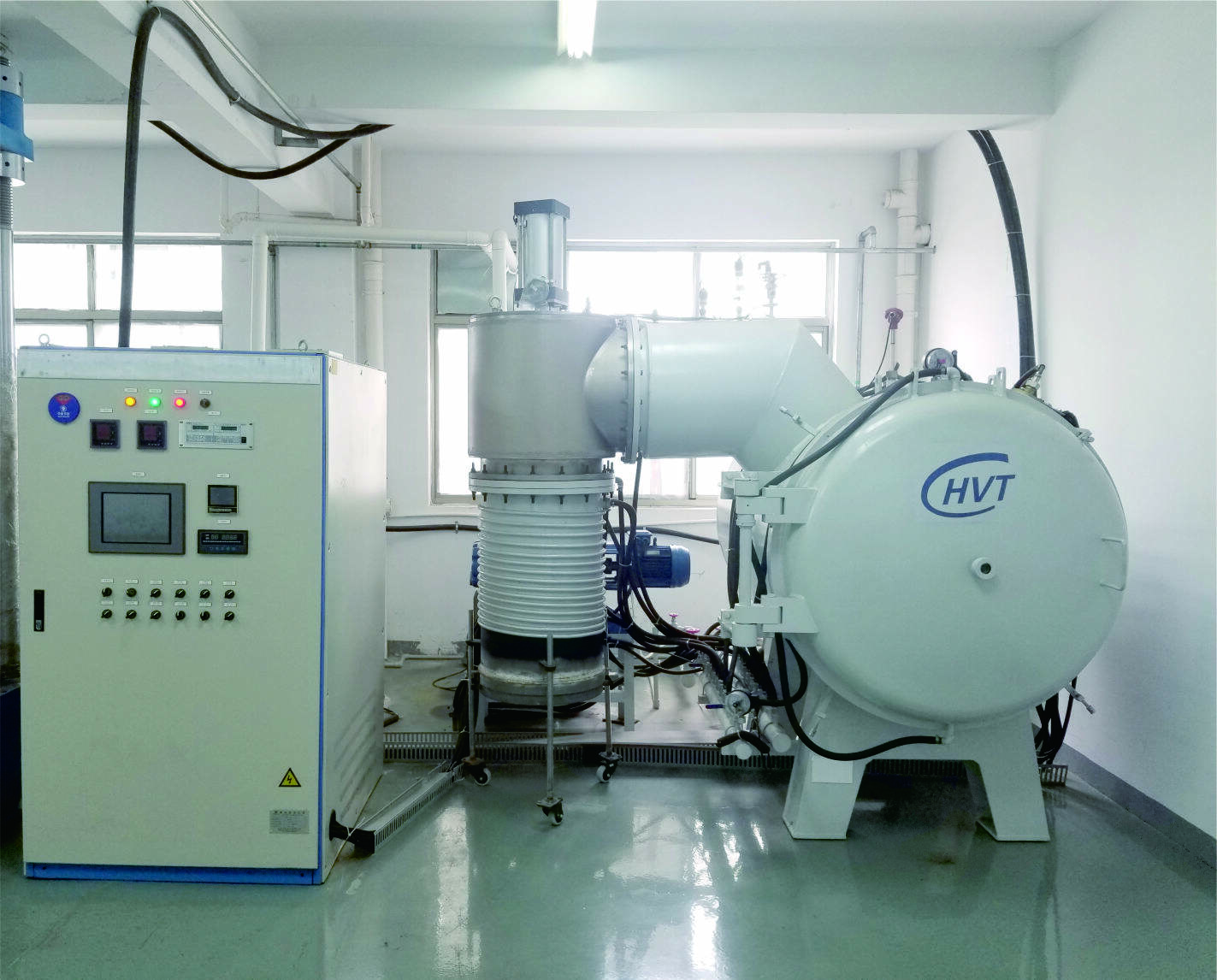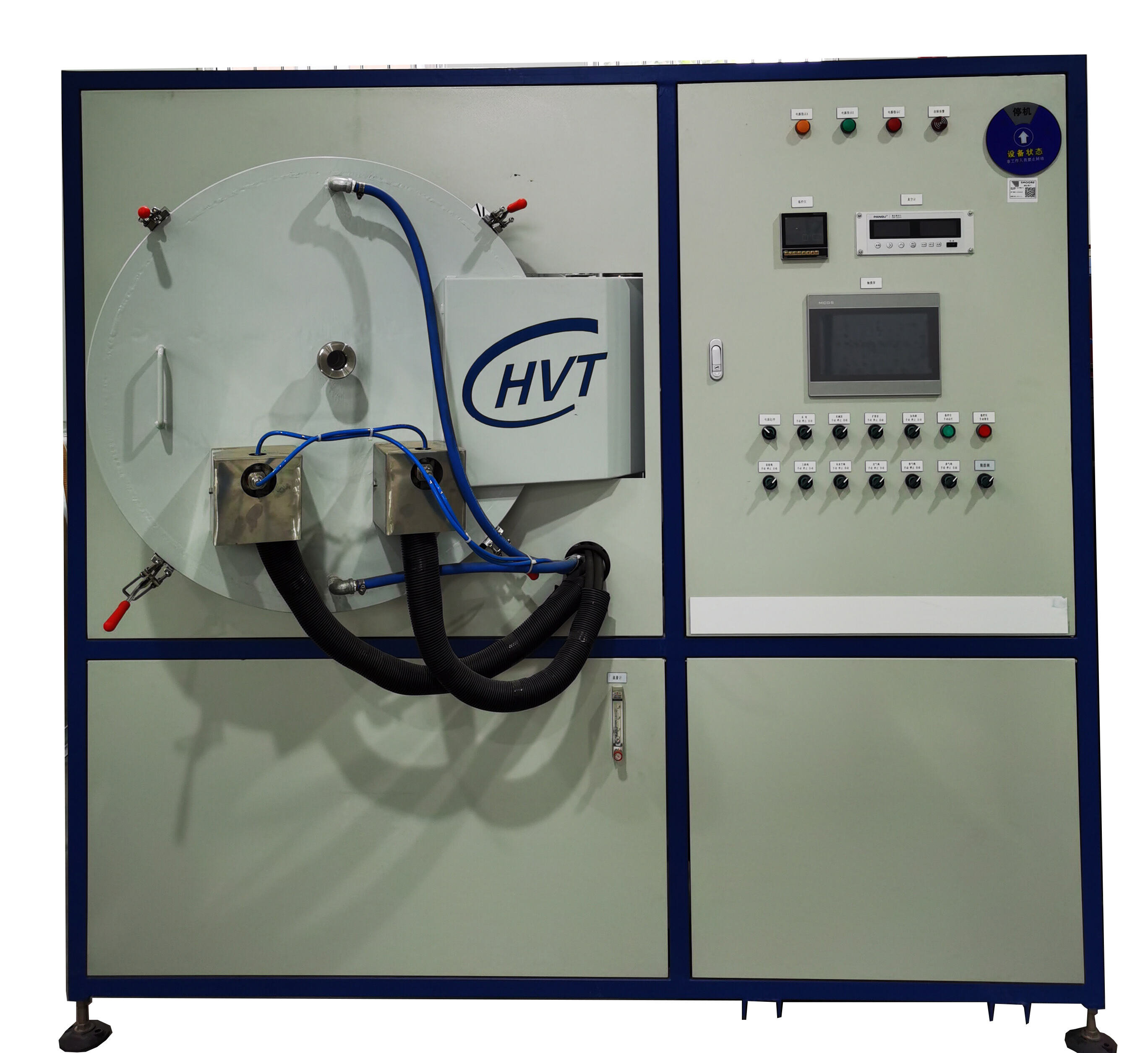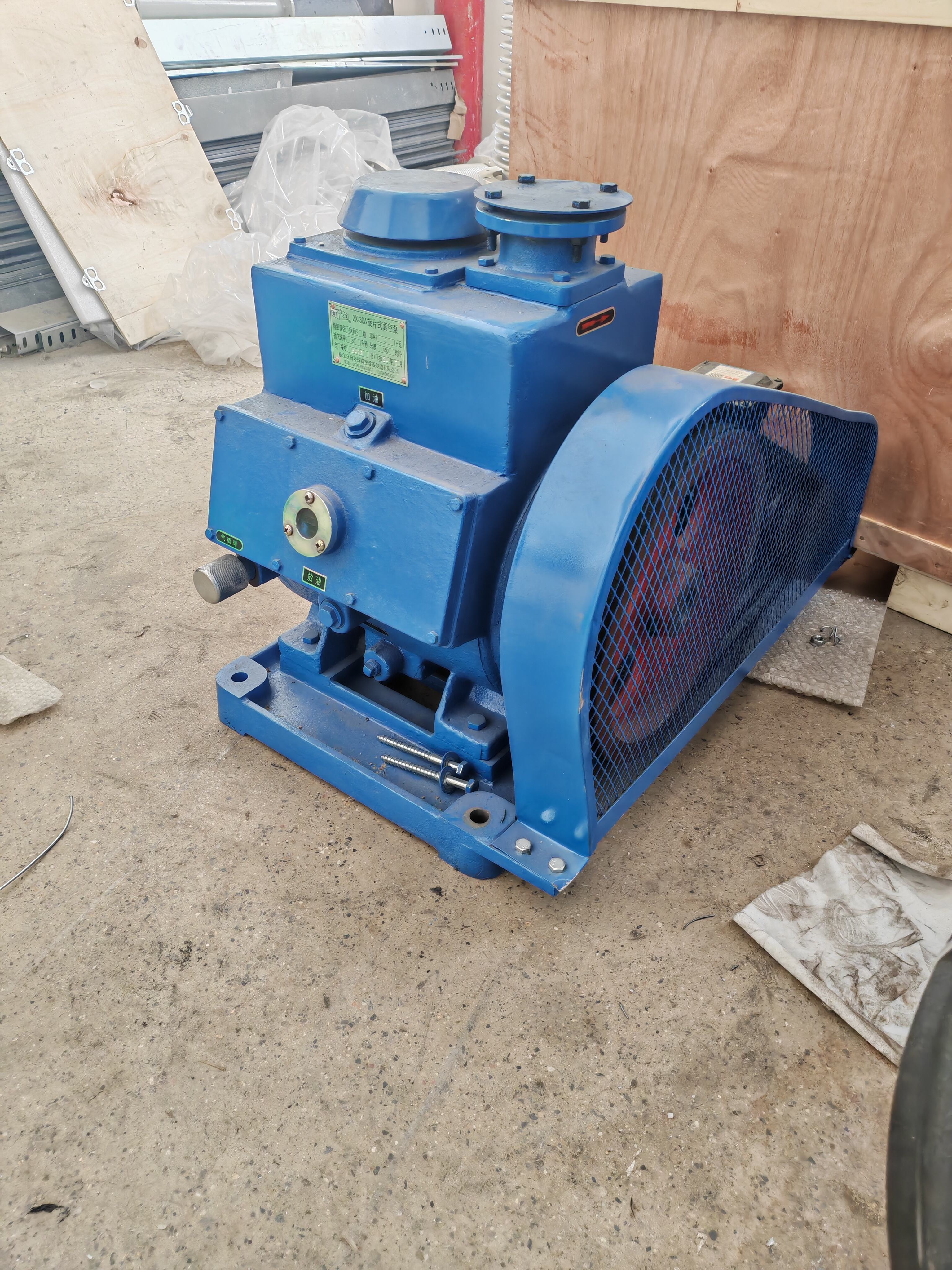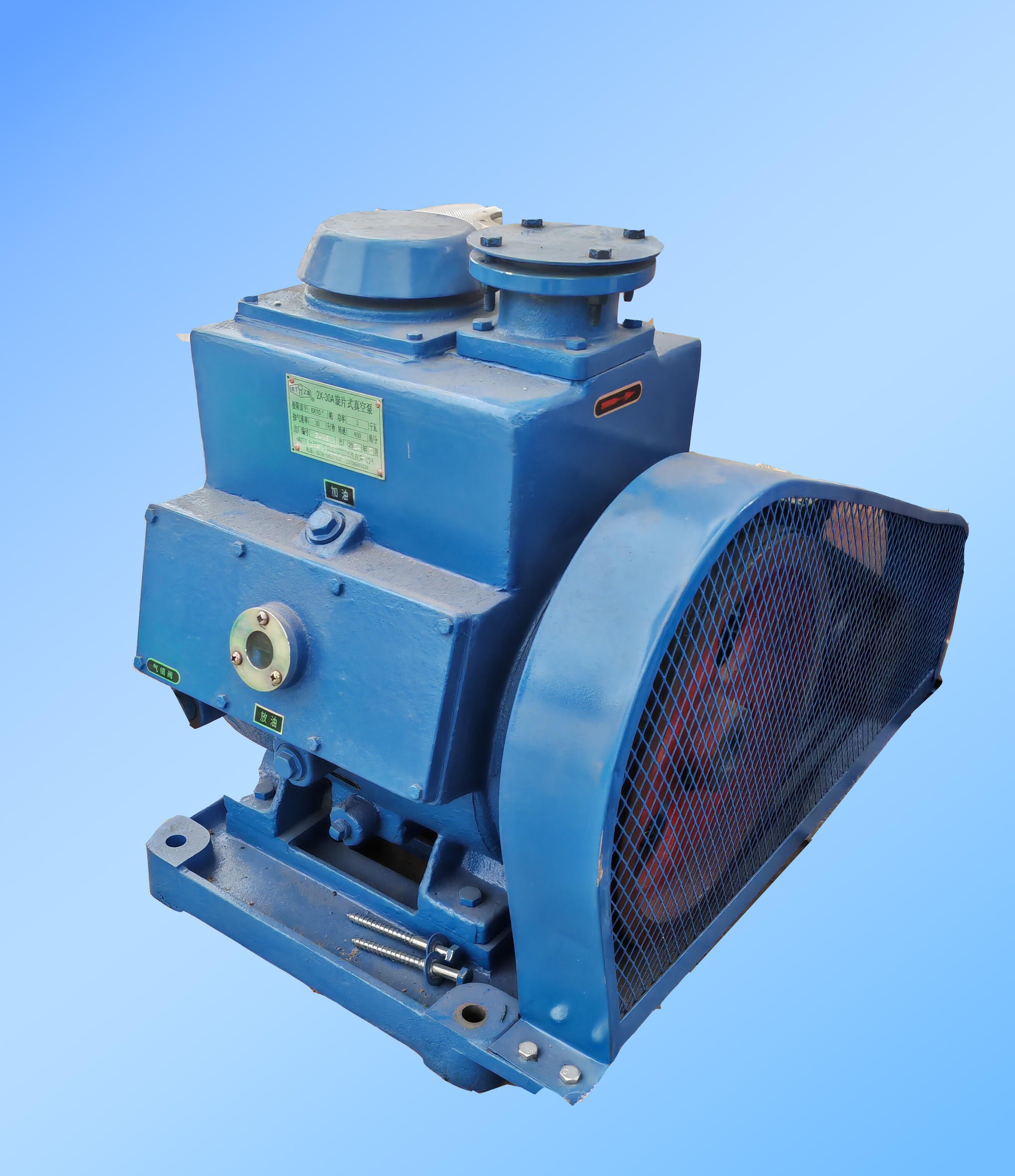mechanical vacuum pump
A mechanical vacuum pump is a sophisticated device engineered to remove air and gases from enclosed spaces, creating and maintaining vacuum conditions. These pumps operate through mechanical means, typically utilizing rotating or reciprocating mechanisms to displace air molecules. The fundamental principle involves trapping air in a chamber, compressing it, and expelling it to the atmosphere, progressively reducing pressure in the target space. Modern mechanical vacuum pumps incorporate advanced sealing technologies, precision-engineered components, and robust materials to ensure reliable performance across various applications. They feature multiple stages of compression, oil-sealed or dry-running designs, and intelligent control systems for optimal operation. These pumps are essential in industrial processes, scientific research, and manufacturing environments, capable of achieving vacuum levels from rough vacuum to high vacuum conditions. The technology encompasses various designs, including rotary vane, piston, scroll, and diaphragm pumps, each optimized for specific applications and vacuum requirements. Their versatility extends to semiconductor manufacturing, food packaging, medical equipment sterilization, and chemical processing industries, where maintaining precise vacuum conditions is crucial for process integrity and product quality.

